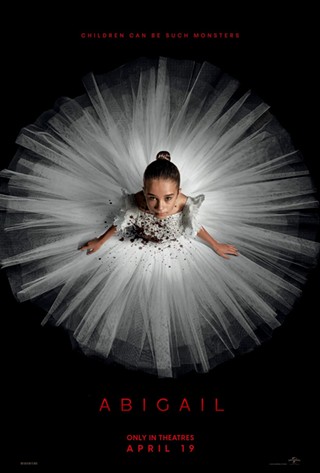Even if a man is shown having non-rage feelings in a film, he's usually shown to have an excess of that feeling, and we wind up with good-feeling schmaltz like The Majestic or overblown tear-jerkers like The Shipping News. What's unusual is to see a film with a subtle, adult depiction of male emotion. Glengarry Glen Ross is one of the rare exceptions, but it manages this feat only by eliminating all female roles.
Lantana, on the other hand, creates emotionally complex male and female characters, and does so without resorting to easy sentimentality. It also does so without feminizing the male characters, and at the same time it manages to tell a suspenseful murder/mystery story.
Written by Andrew Bovell and directed by Ray Lawrence, the film opens with a dead body suspended in a lantana bush. Perhaps that's why the movie is called "Lantana." You decide. Anyway, look closely at this body, because it may or may not be related to a missing person case that is assigned to detective Leon Zat. I mean really, memorize this body, see what it's wearing, the haircut, everything, because if you don't you'll leave the film with a very different interpretation of what went on than you otherwise would.
Although the body in the tree may be the center of Lantana's story, its plot also relies on another, fairly standard, conceit: nine characters encounter each other without realizing that they are all removed by only one degree of separation. A police officer has an affair with a woman who winds up being a witness in a case involving a psychiatrist who is treating the police officer's wife who is friends with the woman the police officer is sleeping with whose husband is the police officer's drinking partner whose neighbor may be involved in the case the police officer is investigating.
This plot mostly works because the acting is so strong, and because the emphasis is not on the string of coincidences, but rather on the emotional state of the characters as they bumble through their encounters. One contextless scene neatly sums up the film: officer Zat is jogging and he collides with a man carrying groceries. Zat starts yelling at the man, who turns around, his nose bloody, and starts crying. It's an uncomfortable, but somehow familiar moment as the anonymous man just lets go and forces Zat to drop his anger and become helpful and sympathetic.
Anthony LaPaglia plays Zat, and he has a clumsy genuineness that allows him to portray a range of feelings with a limited set of expressions. This is LaPaglia's fifth or sixth time playing a cop, but this is the first time he's played an Australian cop, which is odd, because he's Australian. Usually, he plays Italian, New Yorker cops. I think this may be because he's of Italian descent; in American cinema if you look Italian you either play a cop from New York or a gangster from New Jersey.
While LaPaglia is the center of the film, every other cast member is equally good. Well, except for Barbara Hershey, who plays the psychiatrist. She's good, but, being the only American in the cast, she's good in the way that American food is "good"--i.e., it's not so much worse than French food that it cannot be called food.
The best supporting performance belongs to Geoffrey Rush, who's made such a career of scene-stealing that he was actually sued by the Actors Guild and was forced to give back several scenes that he had stashed in a small locker in his basement. Rush plays Hershey's husband, and he is Mr. Male Emotion, in that it's clear that he's a bundle of feelings, but he doesn't let any of them come to the surface, and so manages to be both cold and sympathetic at the same time. You know, just like men were in the fifties.
Australian mainstays Rachael Blake, Kerry Armstrong and Peter Phelps round out the strong cast. I know most Americans have never heard of them, but I just wanted to give a shout out to all my old friends in the outback. Yo, tune in that Australian Broadcast Company and put another Yahoo Serious movie on the barbie for me, mates!
Even when Lantana meanders a bit, it remains compelling due to its smoky, meticulous cinematography. Lenswoman Mandy Walker is one of only maybe 43 woman to have ever shot a major motion picture (compared to more than 17,000 men who've had cinematographer credits), and her work here is awesome, starting with the opening pan along the dead body all the way to the climactic scenes in the misty woods.
In sum, just about everything in Lantana works, and on top of that it's your rare chance to see an Australian film without that Crocodile Dundee character in it. I can't imagine what more you could ask for.










